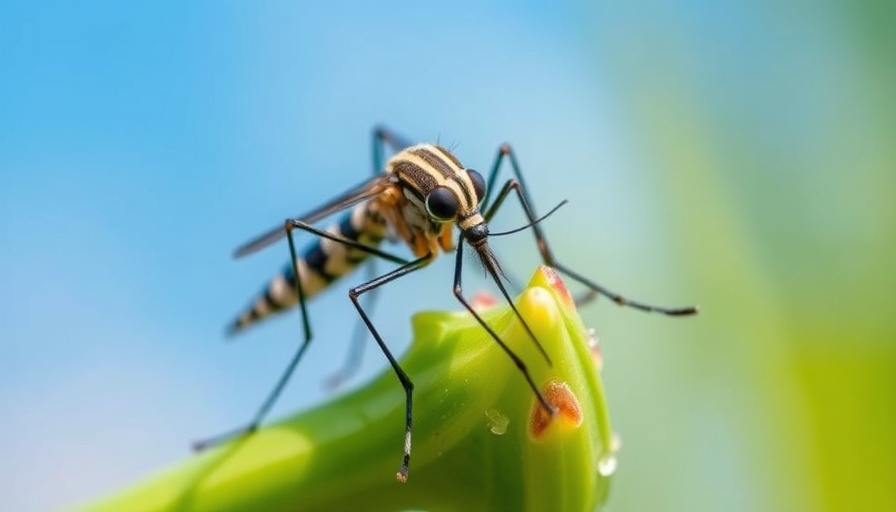
Chikungunya Rising in Southern China: What You Should Know
A rapidly spreading outbreak of chikungunya fever has gripped southern China, with over 4,000 confirmed cases since early July. This mosquito-borne virus, first reported in Foshan city, Guangdong Province, has now reached Guangzhou, Yangjiang, and Beijing, raising fears of a wider epidemic. Residents report being forced into costly mandatory hospital isolation, highlighting the CCP's controversial methods of handling health crises.
The Costly Isolation: Who Pays the Price?
Individuals diagnosed with chikungunya face hospital charges of approximately $70 per day, a financial burden that adds to the distress of being infected. While chikungunya typically causes debilitating but non-fatal symptoms—such as severe joint pain and fever—this policy puts additional pressure on those seeking medical help. Critics argue that this approach prioritizes profit over people's well-being, instead of fostering a system focused on public health.
Understanding Chikungunya: Beyond the Numbers
Chikungunya fever is transmitted mainly by the Asian tiger mosquito, which has expanded its range due to climate change. This outbreak bears eerie similarities to the early stages of COVID-19, with independent observers pointing out that the Chinese government may be downplaying the actual case numbers. Concerns over transparency and effective reporting make it difficult for the public to gauge the severity of the situation. As a result, many are left feeling anxious and uncertain about their health.
The Need for Transparency in Health Reporting
Beijing's reluctance to disclose comprehensive data on the outbreak has fueled distrust among citizens. Unlike Macau, which reported cases transparently, mainland China's opaque approach to health reporting reminds many of earlier missteps during the COVID-19 pandemic. Public officials must prioritize accurate reporting to prevent panic and foster a more informed population.
Taking Action: What You Can Do
In light of this outbreak, it is vital to protect yourself from mosquito bites by using repellent, wearing appropriate clothing, and eliminating standing water around your home. Staying informed about health issues like chikungunya can significantly contribute to community safety and well-being.
Stay tuned to reliable health sources and ensure you're educated about potential risks associated with emerging health threats. Knowledge is power, and understanding how to prevent outbreaks can save lives.
 Add Row
Add Row  Add
Add 




Write A Comment